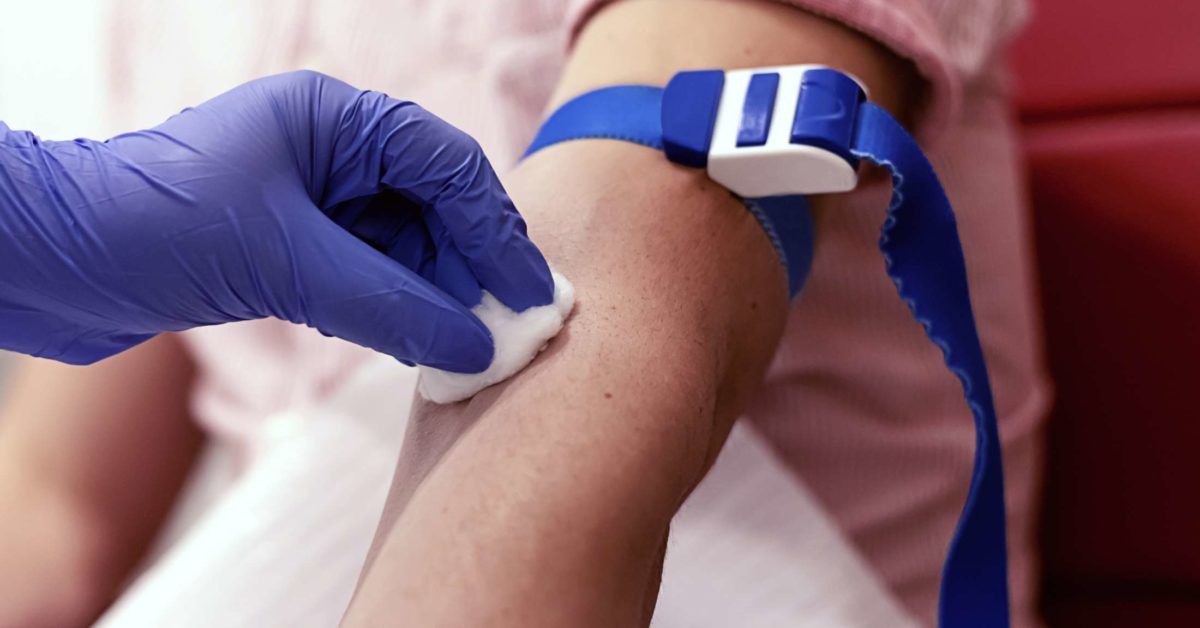Amity Island
Well-Known Member
- Relationship to Diabetes
- Type 1
Type 1 diabetes that develops later in life is called latent autoimmune diabetes in adults (LADA). According to the Diabetes & Metabolism Journal, 2–12 percentTrusted Source of adults with diabetes have LADA.
GAD antibodies belong to a group of diabetes-associated antibodies that instruct the immune system to destroy the insulin-producing pancreatic cells. When insulin production stops, diabetes develops.
As these antibodies target and react with the body’s cells, the medical community refers to them as autoantibodies.
Testing for GAD antibodies helps a doctor diagnose a person with LADA and provide appropriate treatment.

 www.medicalnewstoday.com
www.medicalnewstoday.com
GAD antibodies belong to a group of diabetes-associated antibodies that instruct the immune system to destroy the insulin-producing pancreatic cells. When insulin production stops, diabetes develops.
As these antibodies target and react with the body’s cells, the medical community refers to them as autoantibodies.
Testing for GAD antibodies helps a doctor diagnose a person with LADA and provide appropriate treatment.

GAD antibodies and diabetes: What's the connection?
Glutamic acid decarboxylase (GAD) is an enzyme that helps the body make a neurotransmitter. It is also an antigen that triggers antibodies to attack the cells of the pancreas. If tests show that a person has high levels of GAD antibodies, this can confirm type 1 diabetes. Find out more about GAD...
 www.medicalnewstoday.com
www.medicalnewstoday.com
